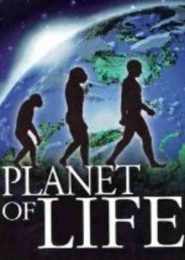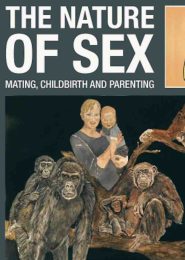A Cow At My Table (1998)
In the 1998 documentary titled A Cow at My Table, filmmaker Jennifer Abbott dives into the intricate and often tumultuous relationship between Western society and farm animals.
This exploration unfolds across Canada, the United States, Australia, and New Zealand, where Abbott meticulously interviews representatives from various perspectives.
The film reminds us of the perpetual conflict between animal rights advocates and the powerful meat industry. These two forces, like intertwined threads in a tapestry, tug at the very fabric of our ethical and cultural beliefs.
While animal rights advocates seek to ensure humane treatment for farm animals, the meat industry perpetuates factory farming practices. The clash between these opposing viewpoints plunges us into a riveting tale of resilience and endurance.
Abbott’s lens captures the realm of factory farming. She navigates through the heart of industrial operations, revealing the complexities of mass production.
The film portrays not only the physical conditions but also the emotional toll on animals. Their eloquent expressions serve as a testament to their suffering.
As the camera unfolds scenes of overcrowded enclosures and mechanized processes, viewers are gripped by the sheer enormity of this perilous system.
However, A Cow at My Table introduces us to alternative farmers who tailor their practices towards sustainability and compassion. These farmers embark on a daunting journey, seeking more than just profit.
Their bespoke approaches challenge the status quo, emphasizing humane treatment and environmental responsibility.
Their efforts underpin a vision of a more strong and interconnected world—one where farm animals are not mere commodities but sentient beings.
Furthermore, the film explores the landscape of food choices. It’s not about what’s on our plates; it’s about the impact on our planet.
Abbott’s interviews with animal rights activists and alternative farmers unfold a narrative—one that encourages us to consider the possibilities of plant-based diets.
As we navigate this shifting terrain, we discover that our suite of choices extends beyond taste—it shapes the world we inhabit.




